Kenya is in the middle of a gambling crisis, and recent developments point to President William Ruto’s administration as being part of the problem, not the solution.
A key concern is the popular Aviator game, which has been linked to addiction, family breakdowns, and even suicides. What raises eyebrows is that the Betting Control and Licensing Board (BCLB), which is supposed to regulate such activities, was moved directly under the Office of the President through an executive order.
This shift, instead of improving oversight, seems to have created a shield of secrecy around the betting industry, giving betting firms the confidence to operate without fear of regulation.
The Aviator game has become a widespread problem. It is easy to access on mobile apps and websites, making it attractive to young people and unemployed Kenyans desperate for quick money. Unfortunately, it’s a trap.
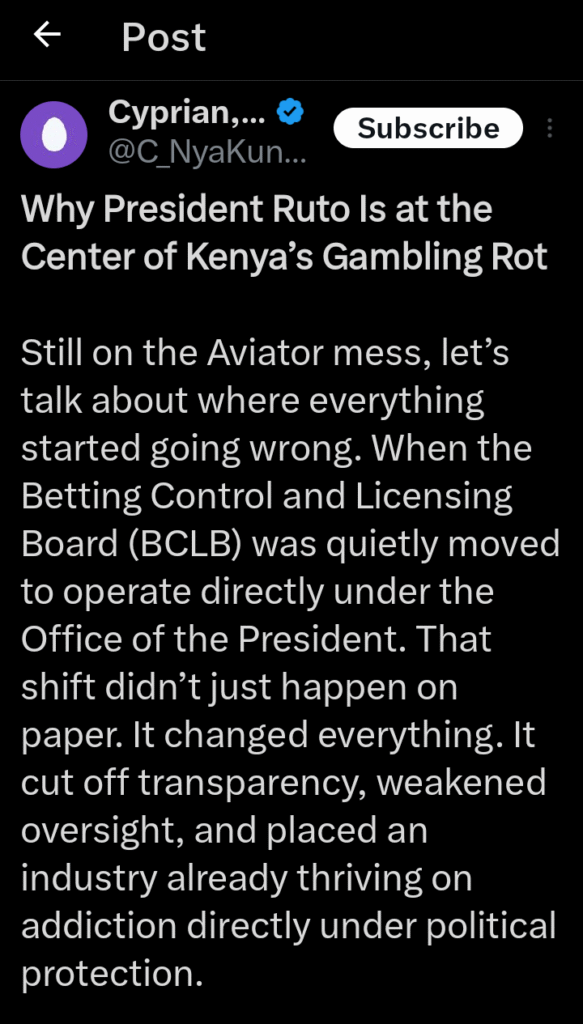
The game lures users into chasing losses, and there have been heartbreaking stories of students using school fees to bet, and parents losing their life savings.
Some of the worst cases involve depression and suicide. Despite all this, the government response has been sluggish. The Gambling Control Bill 2023 is still in the pipeline, but enforcement remains weak, and betting outlets continue to spread, even appearing in barbershops and kiosks.
Public anger is growing, and figures like Cyprian Is Nyakundi have taken to social media to question why President Ruto remains silent.
Nyakundi even claimed that betting firms go around the BCLB and appeal directly to the President for favors, with no transparency. This raises serious questions about whether powerful figures are protecting these businesses for personal or political gain.
While there’s no direct evidence that Ruto is profiting, his silence and lack of public statements on the crisis only fuel speculation. International comparisons make Kenya’s situation look even worse.
Countries like China have completely banned virtual gambling, and India imposes strict restrictions. The United Kingdom has clear protective measures to prevent underage gambling and support addicts.
Meanwhile, in Kenya, betting ads air during prime time news, normalizing a dangerous habit. Kenya’s lax approach stands out, and with BCLB now under State House, many fear that the gambling industry has more freedom than ever.
Even though the BCLB recently clarified that Kenyans didn’t gamble Sh766 billion in 2024, and that only Sh22.3 billion in taxes were collected from the sector, the damage is already being felt at the household level.
Families are being torn apart, and young lives are being ruined. Teachers, mental health experts, and religious leaders have all joined the call for urgent action, but State House continues to remain quiet.As the crisis deepens, many are now questioning whether this silence is deliberate.
If the President truly cares about the welfare of Kenyans, then he must break the silence, acknowledge the damage, and take concrete steps to fix the mess. Until then, betting firms will continue to exploit the poor, the young, and the desperate, hiding behind government protection while lives are destroyed. The gambling issue in Kenya is no longer just a social problem it’s a political one.







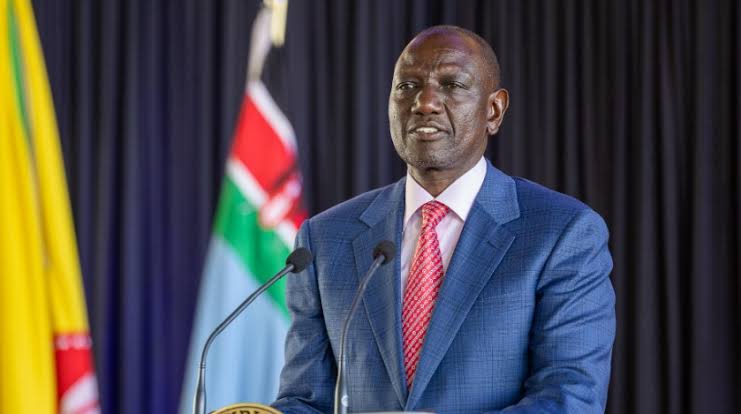

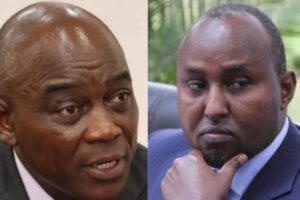
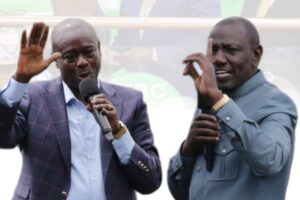

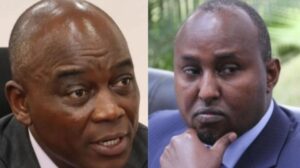
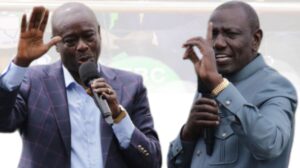
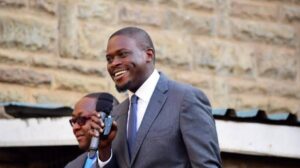
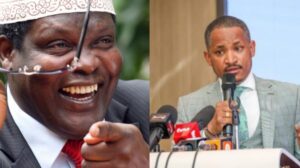


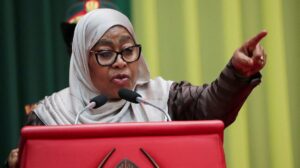

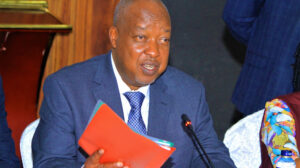
Add Comment